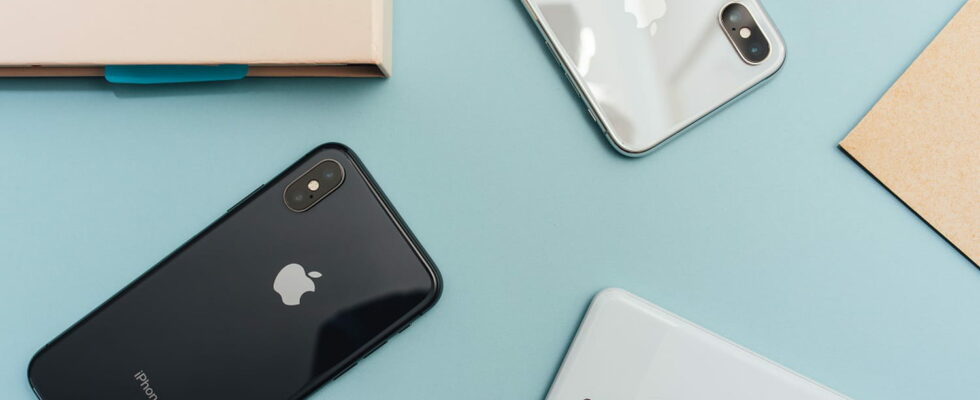The upcoming implementation of a European directive on the USB-C port as a universal port raises some concerns. It could have significant repercussions on the refurbished sector, excluding iPhones.
With inflation and the resulting drop in purchasing power, but also the climate crisis which requires us to limit our consumption, reconditioned goods are on the rise! Indeed, reconditioning an electronic product that has already been used allows you to give it a second life and, above all, to benefit from it without paying a high price for it. A solution particularly popular with iPhone enthusiasts, Apple phones are not within the reach of all budgets – and it’s not getting better… But this flourishing market – an increase of 20% per year is expected by 2026 – could well be threatened by a European directive.
Refurbished iPhone: a directive that is vague to say the least
It turns out that, from December 28, 2024, all new electronic devices sold in Europe must include at least one USB-C port, in order to standardize charging ports and therefore limit electronic waste. A measure that particularly targeted Apple, which ended up abandoning its Lightning port with the iPhone 15. In France, this text takes the form ofa decree and D’a stop. Gold, an article from Mobile Services raises the potential consequences of the European directive on the reconditioned market.
Indeed, both texts mention the “equipment placed on the market”and not only the “new equipment”. A somewhat vague formula which opens the door to uncertainty. Because the directive concerns non-compliant devices manufactured outside the European Union which are reconditioned and marketed on the European market. Currently, two thirds of refurbished smartphones circulating on the European market come from the United States or Asia… including iPhones. If this law necessarily includes new equipment, will it also concern reconditioned equipment? Because, in this case, refurbished iPhones with a Lightning port – i.e. iPhone 14 and earlier – could well be banned in France.
Refurbished iPhone: the French market in full uncertainty
This is not the first time that a repackaged product placed on the market amounts to the release of a new product. In France, this is what is happening with the much-maligned royalty for private copying. In fact, this applies to both new devices and reconditioned products, which amounts to a sort of double penalty since products that have already been subject to this levy when they were new are again subject to this levy when they are new. put back on sale as reconditioned (see our article).
If this concern is confirmed, this could drastically reduce the size of the reconditioned sector and put French specialized companies in a difficult situation – especially since foreign sellers could continue to sell their non-compliant stocks on international platforms, thus exacerbating unfair competition. . Especially since by putting so many reconditioned devices out of circulation, the circular would contravene its initial goal, which is to reduce electronic waste.
